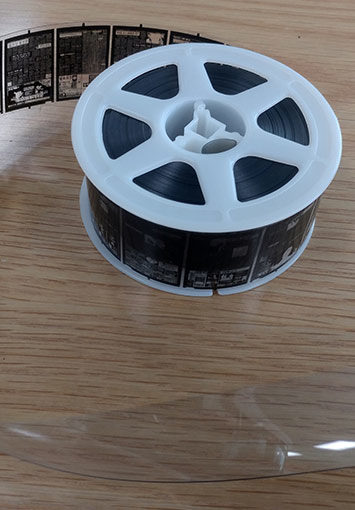Article Category
Document Scanning & Data Capture
Everything you need to know about the benefits of document scanning.
Get tips and tricks to help you better manage your data and rid your organization of antiquated paper processes. Learn about the advantages of going paperless.
When prices are rising and the economic outlook feels shaky, running a business is even more stressful than usual. Office rent, equipment, supplies, even the basics like paper and printer ink have all gone up over the past few years, and it doesn’t feel like that trend is going to reverse anytime soon. When you’re
Most businesses dread the idea of an audit. Whether it’s scheduled months in advance or sprung on you without warning, the pressure to pull everything together quickly can make even the most organized office like chaos.
As your business transitions from paper to digital recordkeeping, you’ll need to consider how you will effectively tag, categorize, and retrieve your digitized documents. Organization is one of the most critical aspects of the scanning process, and the effectiveness of your digital recordkeeping system hinges on how well its executed. Properly tagging and categorizing your
For accounting firms, paperwork is a constant companion. From tax documents to financial statements and everything in between, accountants need to keep track of a ton of documentation to get the job done. Keeping these records organized ensures that your practice operates efficiently while also helping you avoid compliance issues down the road.
Most businesses go through big changes at one point or another. Whether it’s a merger, restructuring, relocation, or even just rapid growth, these kinds of events usually demand your full attention. For that reason, most people don’t put much thought into what is going to happen with their records. However, keeping them organized and accessible
Businesses are managing more information than ever before. Keeping it all organized, searchable, and accessible isn’t easy, but thankfully, metadata makes it possible. Metadata is data about your data. It tells you what a file is, when it was created, and how it’s meant to be used, so you don’t have to open it to
Eliminating paper from your business wherever possible is one of the best ways to take the pressure off. When all of your records are stored digitally, they’re easier to find, faster to share, and a lot more manageable.
Many people use the terms scanning and digitization interchangeably, and it’s easy to see why. Both involve converting paper documents into digital form, and both are part of the broader shift away from paper. But there’s actually a key difference between the two, especially when it comes to what you can do with your records once they’re digital.
Microfilm was once considered to be the gold standard of information storage. At its peak, no other storage medium could match its convenience, affordability, and durability. Government agencies, libraries, and historical archives relied on it for long-term data storage, and even today, microfilm and microfiche are still in use. Even though most people have switched
Property management comes with an overwhelming amount of paperwork. Lease agreements, maintenance records, vendor contracts, and tenant communications all need to be carefully managed, and with new records being generated every day, keeping everything organized can be challenging. For those managing a single rental unit, keeping up with paperwork is already time-consuming. Multiply that across









